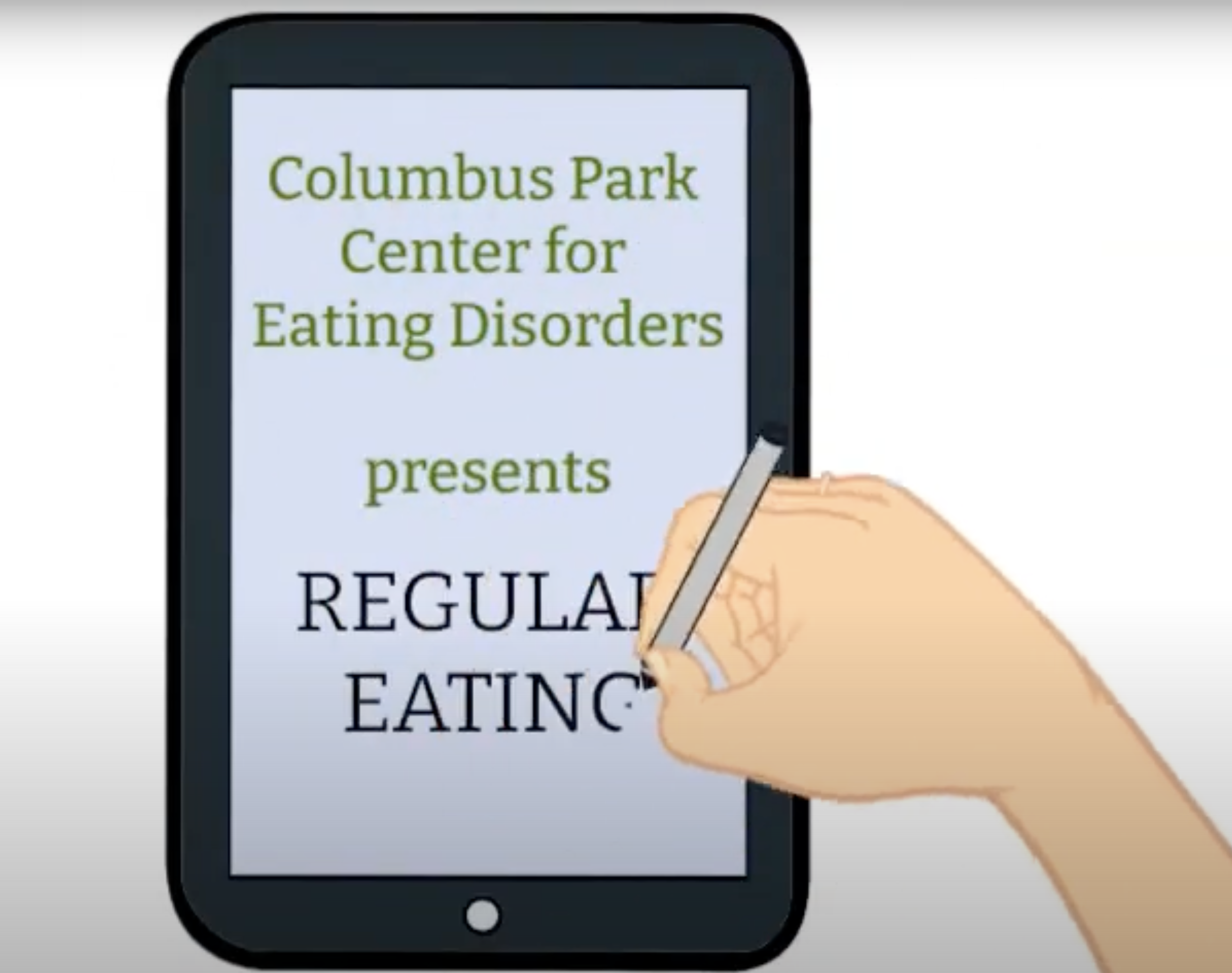Regular Eating: The “Vaccine” For Eating Disorders
Let us share a tried-and-true method that helps people overcome disordered eating habits.
It's called regular eating.
Understanding the principles of regular eating is a fundamental skill to conquering many forms of disordered eating. For people who tend to overeat or binge eat, this practice usually results in a rapid decrease in these eating episodes. When you can count on a reliable meal structure each day, you’ll be consistently fueled, and you won’t get overly hungry or feel deprived. For people with restrictive eating disorders, a set meal and snack schedule, while scary at first, eventually helps them feel more security and predictability.
So how do I practice this skill?
Regular eating means planning out your eating so that you complete three meals plus two to three snacks each day, rarely going more than four hours in between eating. As part of your schedule, it’s important to have your first meal of the day within an hour to an hour and a half of waking up – yes, breakfast! As you begin to develop more consistent eating patterns, it’s best not to snack in between the planned meals and snacks of the day. If you find that you’re getting hungry in between appropriately-spaced meals and snacks (spaced apart by three to four hours), it may mean that your meals and snacks need to be a bit more substantial so they can hold you for a few hours. If you still feel a pull to eat between meals and snacks even once your meals and snacks are confirmed to be adequate, it would help to check-in with yourself to see if you really are indeed hungry. There might be something else going on, driving you to eat more frequently (i.e. low mood, boredom etc).
Regardless of a person’s body size, people with eating disorders often worry about gaining weight, so it’s natural to be nervous that following these principles will lead to this feared outcome. If you’re apprehensive, it’s ok to start slowly. You can begin by thinking about the timing of your meals and snacks so that it doesn’t matter so much what you eat but when. Just focus on the routine of eating every few hours.
Building on your eating schedule
As you get used to eating every three to four hours, you can begin to increase the variety of the foods you’re eating – and most likely, you’ll need to increase the quantity, too. We find that regardless of body weight and size, the vast majority of people with eating disorders tend to restrict themselves or withhold permission to eat. For people who have experience with restricted eating, binge eating, purging, or other common ED behaviors, hunger and fullness cues are not very reliable. Years of disordered behaviors can rob your body of its ability to reliably experience and respond to natural cues. That said, a consistent eating schedule helps restore these cues over time. It’s important to be patient and note that, at least in the beginning, you may need to eat because it’s time to eat even if you’re not feeling as hungry as you would like to feel going into a meal or snack.
Now you may be thinking: What is normal eating? What will I eat? How do I portion my food? These are lots of great questions, so please join us in the coming weeks as we address these questions and more in our blog posts.
To watch our video about regular eating, visit our YouTube channel.
If you or someone you care about is struggling with their eating, don’t hesitate to reach out to us here at Columbus Park. We can provide information over the phone and see if we might be the right place for you to start your recovery.

